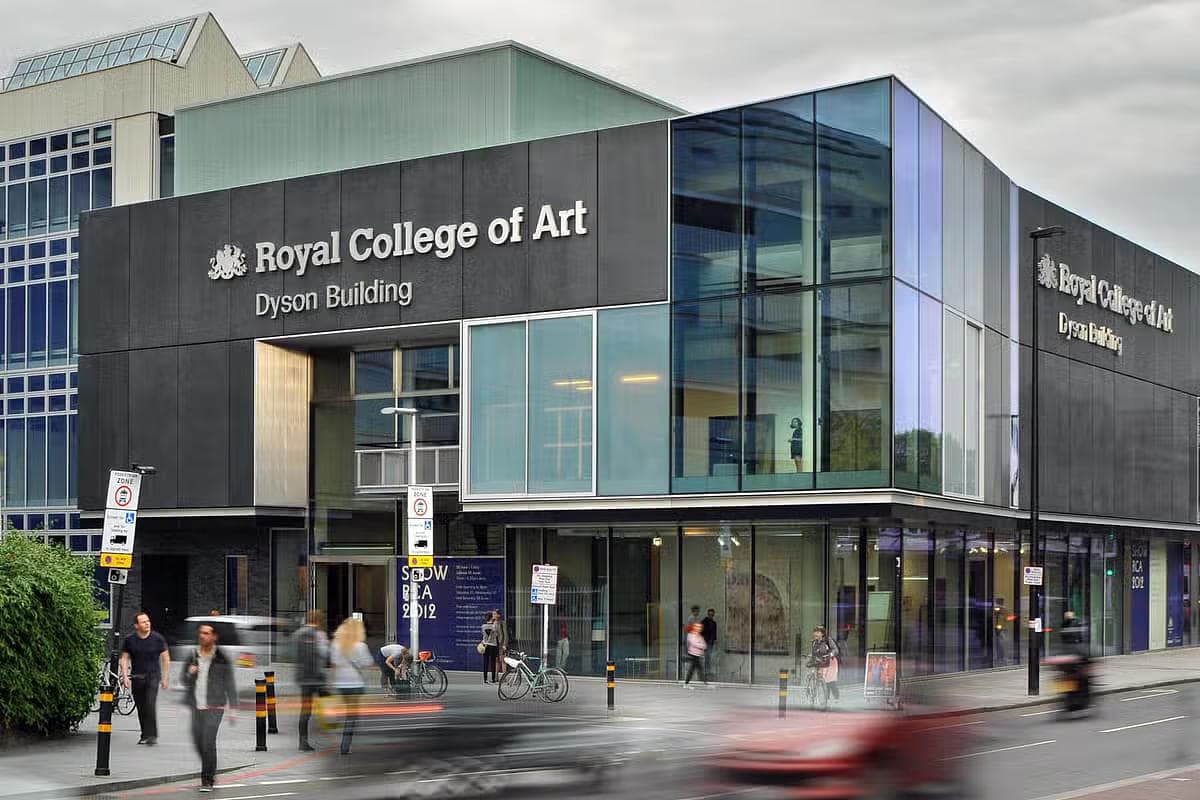

MA in Information Experience Design at Royal College of Art
London, United Kingdom
- Tuition Fee £ 32,000
- Country Rank#123
- Duration12 Months
- Score IELTS: 6.5
Program Overview
Information Experience Design is the creative practice of intervening in, designing and generating experiences of complexity, that communicate human, nonhuman and more-than-human perspectives and realities. Our medium of practice includes ‘warm’ data – information about interrelationship – as well as ‘cold’ data points, and we work actively with living, computational and speculative systems. The pieces we make include large-scale installations, immersive digital experiences, radical performances, and living artefacts and ecosystems. Our purpose on the MA in Information Experience Design (IED) is to inspire experimental works that generate transformation, seek better futures through the generation of compelling experiences, compose better questions and new ways of relating to and being in the world.
The intellectual content of the programme is cutting-edge and challenging, with our staff and students continually working in ways that are research-led and self-critical, never content with superficial responses or easy answers. Complexity and deep structure often feature in IED approaches, as these lend themselves to interrogations of media-cultural interchange and processes of modelling futures. Students of IED engage deeply with society and the environment, where rigorous experimentation is integrated with forms of activism, empathy, and good ancestry. Our approach to theory is wide-ranging and transdisciplinary, involving technologists, ecologists and quantum physicists alongside those working in the arts, and IED practices have a wide range. Throughout, the programme aims for a criticality that does not take an objective or purist tone, but rather situates the artist and thinker as always already complicit in ongoing social and environmental processes, and we frequently leave the ivory tower and test ideas in the wild. Your work will be evaluated on technical construction as well as logical and ethical soundness, aesthetic dimensions as well as critical and philosophical ones.
In IED you might design a large-scale light installation in a forest, a distributed museum spanning the globe, a serial podcast fiction, a chair that breathes, a VR adventure in a microbiome, an emotionally responsive game for dogs, or a wearable that senses deep time. IED projects are human(e) but not only for humans, and move beyond the personal and individual, reaching toward perspectives and approaches that are collective, transindividual, superpersonal, and have more-than-human value.
Technical instruction in IED is based on a plan that you design and our technicians support, thus you leave the programme with a composite technical skill set generated by and unique to your body of work. This may involve technical skills as diverse as ceramics and VR, botany and blockchain. You’ll have a core aim of experimenting with a diversity of methods and approaches that cross boundaries between digital and analogue, toward composing a distinctive body of work that coheres by intention: what you aim to achieve in the world. You’ll be encouraged to work playfully, with experts providing guidance as you stretch your abilities and explore the multisensory, material and immaterial, digital and analogue, “high” and “low” art forms.
Cost Of Studying At Royal College of Art
Interest rates as low as 8.9% *
250K+
Students Assisted
800Cr+
Loan Amount Disbursed
5000+
Loans Sanctioned